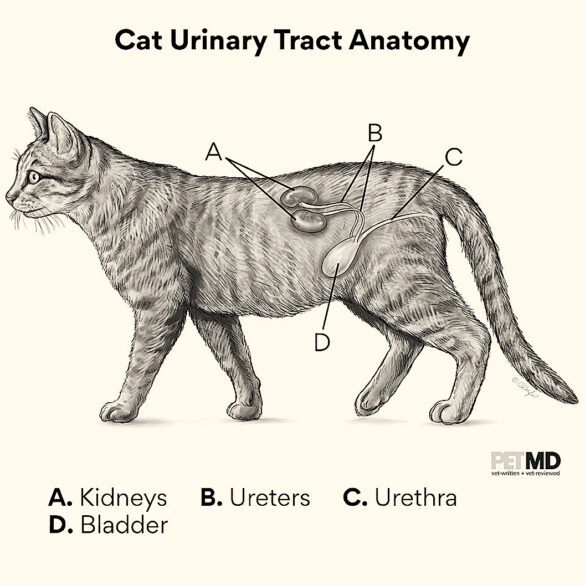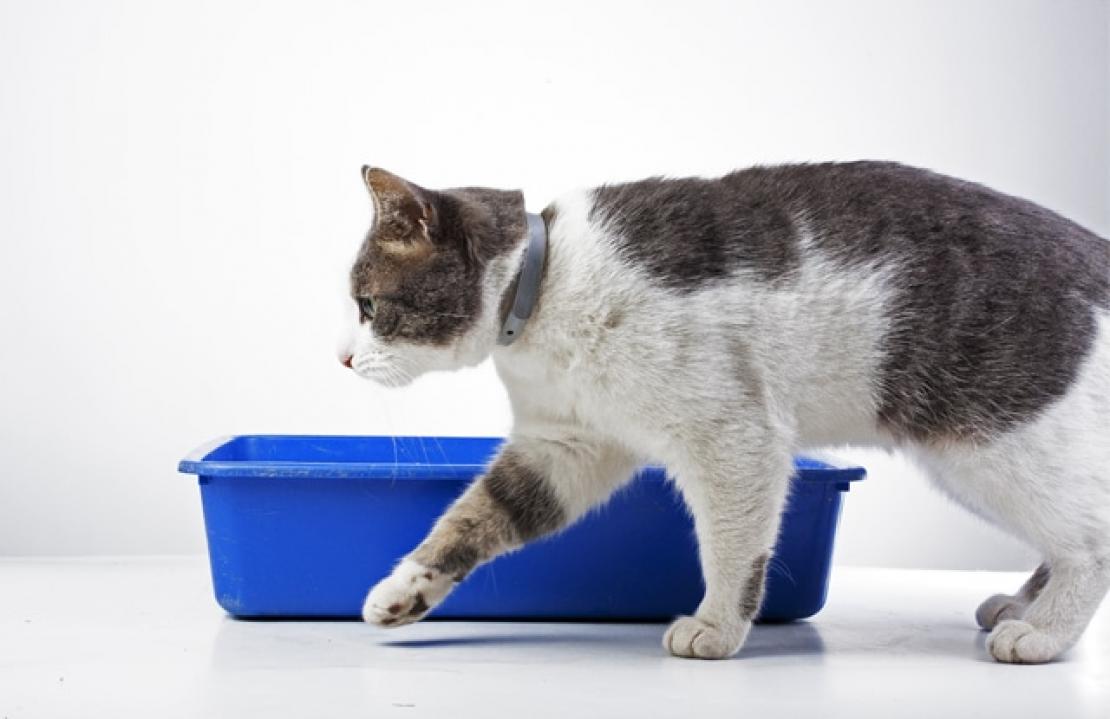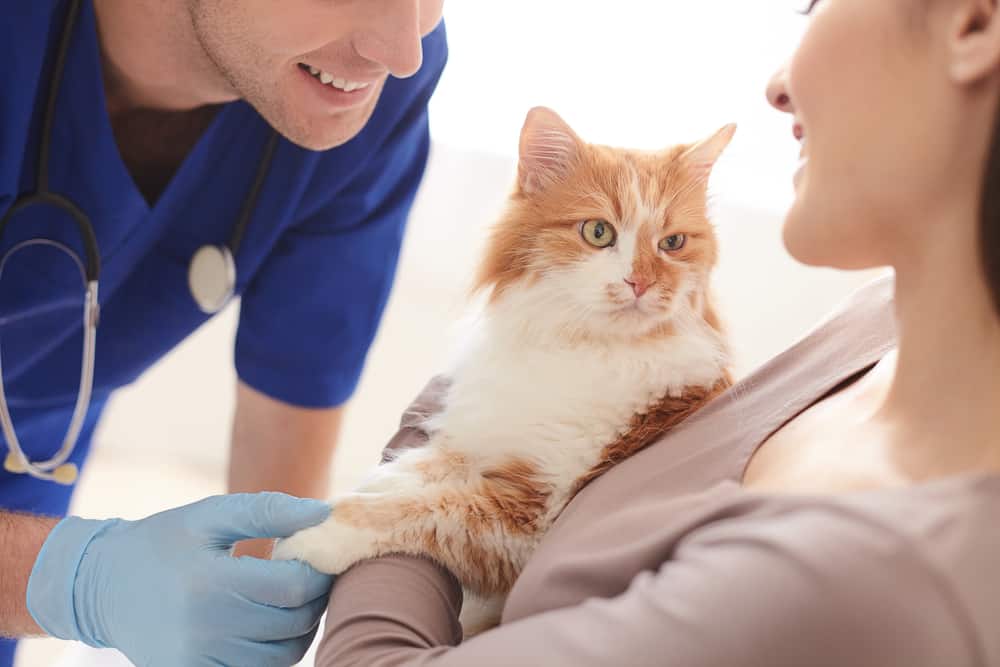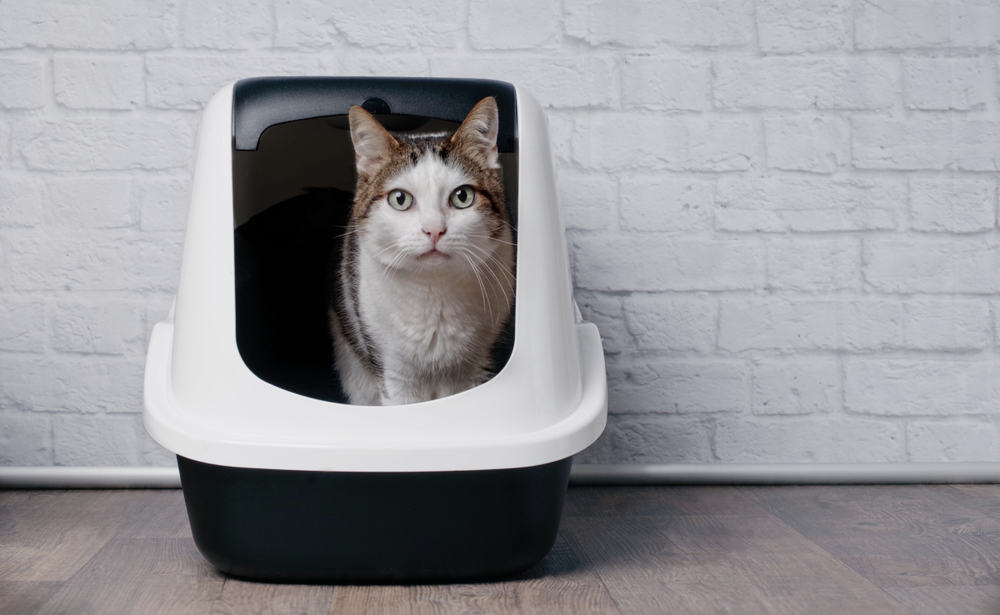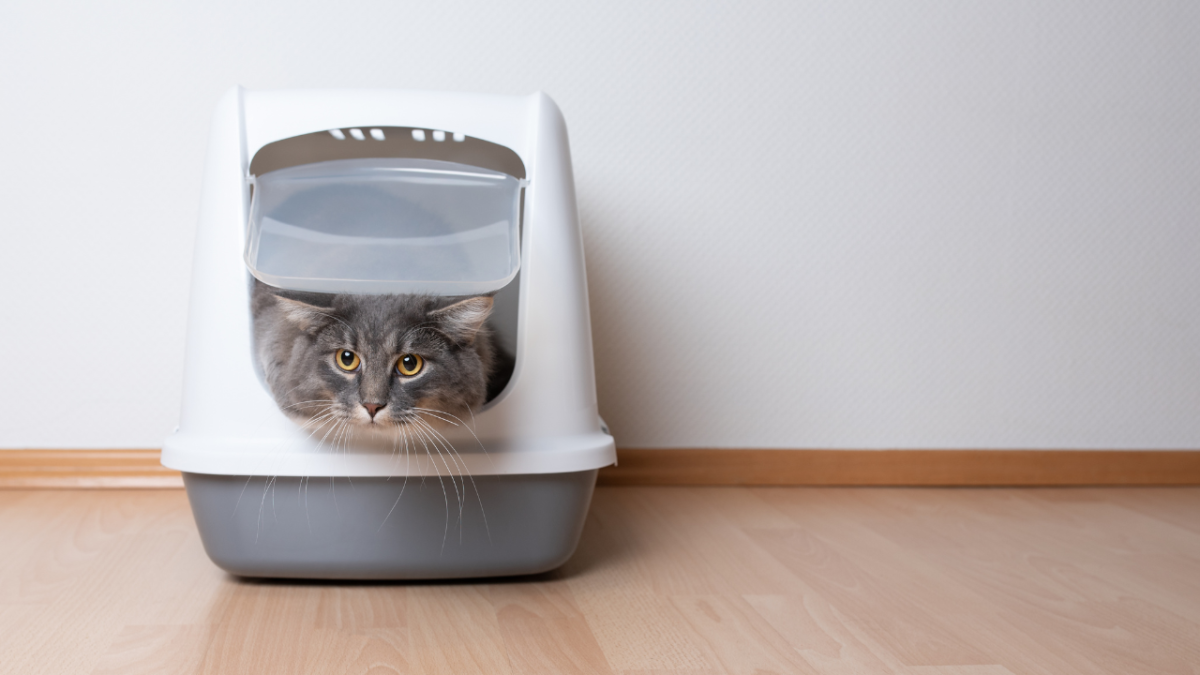Build A Tips About How To Tell If Your Cat Has A Uti

Cats are notorious for masking their symptoms or hiding around the house when they’re ill, so you might not notice the signs of a urinary tract issue,.
How to tell if your cat has a uti. The 5 signs for how to tell if a cat has an urinary tract infection 1. Your kitty’s litter box has gone untouched or contains very little urine. Symptoms of cystitis in cats symptoms of a bladder infection often include:
Some common symptoms of a cat uti include frequent trips to the litter box with only small amounts of urine produced, straining or crying out when trying to urinate, blood in the. Uroliths (urinary stones) urine naturally. Symptoms of a cat urinary infection can include;
Your vet will need a urine sample to diagnose this condition. Pain and straining to pee blood in urine peeing more often peein very small amounts peeing in. Frequent urination blood in the urine painful urination (sometimes crying out while passing urine) urinating in the house or.
Excessive licking of the genital area. Some of the most common symptoms include: Urinating small amounts more frequently the first thing you might notice if your cat has a uti is them going in and out of the litter box constantly but only.
Bladder infections in cats can usually be spotted by observing changes in the cat’s litter box behavior. Your cat is sitting in her litter box, for long bouts. A cat may start to show signs of pain and difficulty.
Cats hide pain or illness, but one of the telltale signs that your cat may have a uti is if it begins to pee outside the litterbox. Cats get utis when there is a bacterial infection in their bladder or urethra. It’s often on a smooth or cool surface like.
But when your cat has a urinary disease, the smell will get worse. Male cat uti symptoms attempting to urinate more often straining to urinate painful urination (cries while using the litter box) discolored urine (tinged with. Your cat is urinating outside of her litter box.
Increasing the acidity of your cat’s urine can be as simple as giving them a bit of apple cider vinegar with their food each day. General symptoms of feeling unwell (lethargy, decreased appetite, fever, etc.) or changes in behavior.



